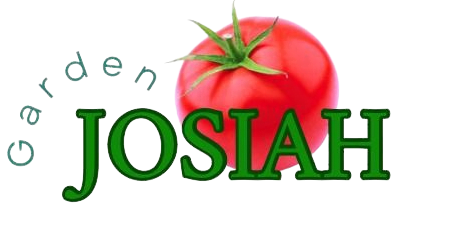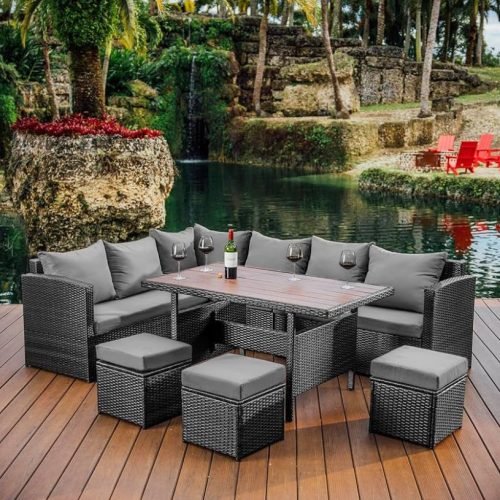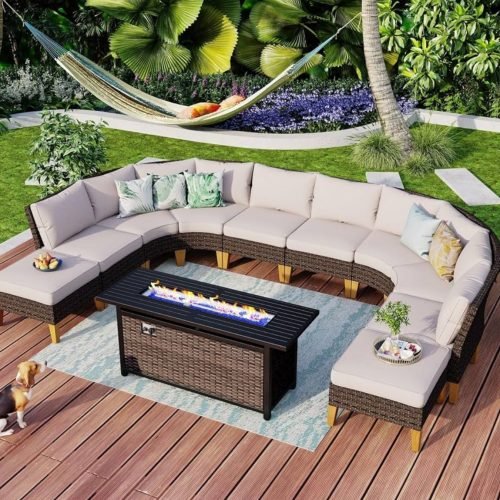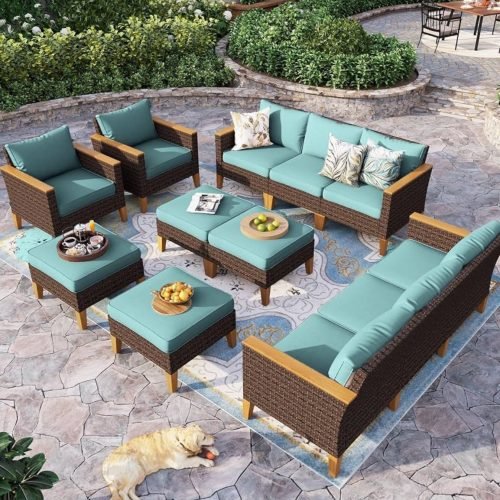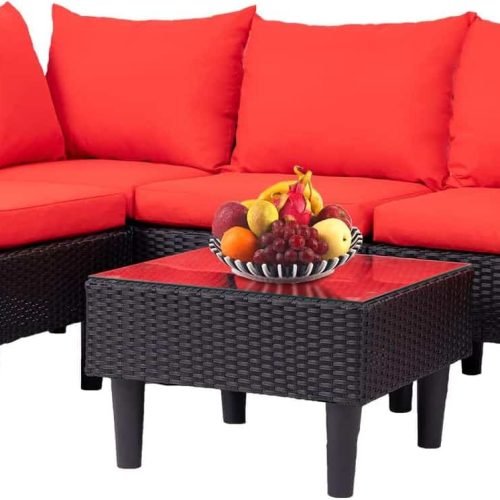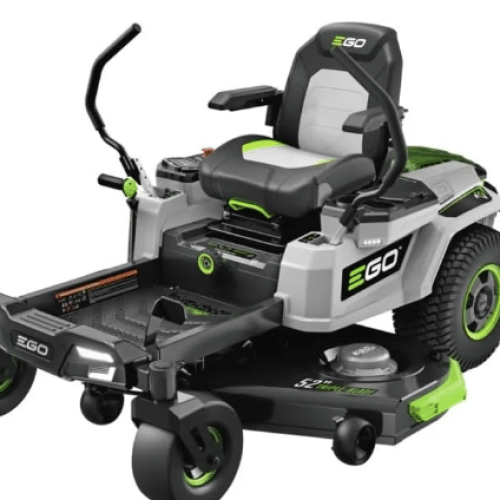Hey guys its JV Charles. lets check out the power of composting. What was once kitchen scraps and yard trimmings is now rich soil. This soil feeds my plants every season. its off the chain ! True magic!
Composting is easy and rewarding. It turns our organic waste into a valuable garden resource. By breaking down food scraps, leaves, and grass clippings, we make a nutrient-rich soil. This soil helps plants grow strong and healthy. It’s good for the environment and our gardens. I love it!
Key Takeaways
- Composting turns kitchen scraps and yard waste into nutrient-rich soil for your garden
- Composting reduces household waste and helps the environment by recycling organic materials
- The composting process creates a dark, crumbly soil with an earthy smell that can improve soil quality and plant health
- Compost tumblers can speed up the composting process, delivering results in weeks
- Combining a variety of organic materials, such as shredded newspaper, wood chips, and kitchen waste, creates a balanced compost mix
What is Composting and Why Start?
Composting turns food scraps, yard waste, and other organic items into a nutrient-rich soil amendment. This process is good for your garden and the planet. It helps reduce waste and makes a valuable resource for your plants.
The Benefits of Composting
Composting has many benefits for gardeners and the earth. Here are some of them:
- Improved soil health: Compost makes soil richer, better structured, and more water-holding. This means healthier plants.
- Reduced waste: Composting cuts down on methane gas, a strong greenhouse gas, by using organic waste.
- Sustainable gardening: Compost is a natural fertilizer that helps avoid synthetic chemicals in gardening.
- Increased garden yields: Plants in compost-rich soil grow stronger and produce more.
Getting Started with Composting
Starting to compost is easy and can fit your space and needs. First, pick a composting system that matches your gardening goals. You can choose from open-air piles, DIY bins, or specialized composters.
Adding food scraps, yard trimmings, and other organic stuff to your compost pile or bin is key. This way, you’ll make a nutrient-rich soil amendment for your garden and help the planet.
“Composting is not only good for the environment, but it’s also a rewarding way to turn your household waste into a valuable resource for your garden.”-JV Charles
Choosing the Right Composting System
Backyard composting isn’t the same for everyone. The right system depends on space, how much you want to do, and your budget. Looking at the options helps you pick the best one to make garden gold from your waste.
Types of Composting Bins and Their Suitability
An open-air pile is the simplest way to compost. It lets nature do the work but might not control smells or pests well. For better control, DIY or store-bought bins are good choices.
Spinning tumblers are great if you don’t want to get your hands dirty. They mix and aerate easily, speeding up the composting. Automatic “hot” composters work fast, making compost in weeks with little effort.
Vermicomposters use worms to break down waste. They’re perfect for small spaces, working indoors or outside to make nutrient-rich compost.
Think about your space, how much you want to do, and your budget when picking a system. Knowing the good and bad of each type helps you find the best composting bins, types of composters, composting systems, and composting options for you.
“Composting is a simple and rewarding way to turn waste into garden gold. By choosing the right system, you can enjoy the benefits of nutrient-rich compost for your plants while reducing the amount of waste sent to landfills.”
“Backyard composting 101: Turning waste into garden gold”
Composting is a simple way to turn kitchen scraps and yard waste into garden gold. By following a few steps, you can make nutrient-rich compost. This compost improves soil health, retains moisture, and boosts plant productivity. It also reduces landfill waste, saves natural resources, and makes your garden more sustainable.
The composting process is easy, but knowing the right mix and techniques is key. Composting can cut up to 30% of household waste, greatly reducing your environmental impact.
The Composting Process: Balancing Ingredients
To make compost, mix green and brown materials. Aim for one-third green and two-thirds brown. Green materials include kitchen scraps, coffee grounds, and grass clippings. Brown materials are dried leaves, shredded newspaper, and sawdust.
Keep your compost pile moist but not soaked. Covering it helps keep moisture and heat in, which is crucial for decomposition. Turning the compost regularly ensures it breaks down faster, taking about one to three months in warm weather.
| Composting Essentials | Ideal Ratios and Practices |
|---|---|
| Green Materials (Nitrogen-rich) | 1/3 of total composting materials |
| Brown Materials (Carbon-rich) | 2/3 of total composting materials |
| Moisture Balance | Moist, but not waterlogged |
| Aeration | Regular turning or mixing |
| Composting Time | 1-3 months during warm weather |
Follow these tips to turn your waste into garden gold. Enjoy the benefits of healthy, nutrient-rich compost for your plants.
“Composting is one of the easiest and most effective ways to create nutrient-rich soil for your garden, while significantly reducing household waste.”-JV Charles
The Composting Process
Composting in your backyard is all about mixing the right amounts of “green” and “brown” materials. Green stuff like fruit and veggie scraps, coffee grounds, and fresh yard waste is full of nitrogen. It feeds the tiny helpers that break down the waste. Brown materials, like dry leaves, straw, shredded paper, and wood chips, add carbon. This is what these helpers need to do well.
Green and Brown Materials for Composting
To make great compost, mix green and brown materials just right. Aim for three parts brown to one part green. This mix helps the waste break down fast and well.
- Green materials: Fruit and vegetable scraps, coffee grounds, eggshells, grass clippings
- Brown materials: Dry leaves, straw, shredded newspaper, wood chips, untreated sawdust
Tips for Efficient Composting
Here are some tips to make composting work better:
- Chop or shred the materials to help them break down faster.
- Keep the compost damp, like a sponge, by watering it regularly.
- Turn or mix the compost weekly to add oxygen and speed up the process.
- Check the compost’s temperature and keep it between 120-150°F (49-66°C) for the best microbial action.
By following these tips, we can make compost that’s full of nutrients. This will help our gardens and landscapes grow strong. With a bit of effort, we can turn our waste into something valuable for our plants. Check out this cool pic!
| Composting Tip | Benefit |
|---|---|
| Chop or shred materials | Speeds up decomposition |
| Maintain damp consistency | Provides ideal moisture for microbes |
| Regular aeration | Introduces oxygen for faster breakdown |
| Monitor temperature | Ensures optimal conditions for microorganisms |
“Composting is an easy and rewarding way to turn your household waste into nutrient-rich soil for your garden. With a little know-how, you can create your own garden gold!” -JV Charles
Using Finished Compost
When your compost is ready, it’s time to add it to your garden. Compost is full of nutrients that can make your plants and soil better. Let’s see how to use this valuable resource in your garden. Your gonna dig it! LOL
Using compost helps improve soil structure. By adding finished compost to your garden, you help the soil hold moisture and nutrients better. This is key for your plants to grow well. Compost also makes heavy clay soils easier to work with and improves drainage in sandy soils.
Compost is a great source of nutrients for your plants. As it breaks down, it gives off important nutrients like nitrogen, phosphorus, and potassium. These nutrients help your plants grow and develop. Using compost can cut down on the need for chemical fertilizers, making your garden better for the planet.
To add compost to your garden, mix it into the soil a few weeks before planting. You can also use it as a mulch around plants or mix it into potting soil. Aim for a 2-4 inch layer of compost in the top 6-8 inches of soil, depending on your garden’s size and soil condition.
| Compost Benefit | Impact |
|---|---|
| Soil Structure Improvement | Significant increase in organic matter and moisture retention |
| Nutrient Enrichment | Steady release of essential nutrients for plant growth |
| Reduced Need for Chemical Fertilizers | Promotes more sustainable and eco-friendly gardening practices |
By adding compost to your garden, you’ll see healthier plants and richer soil. This garden gold will make your plants flourish!
“Compost is the black gold of gardening. It’s the key to healthy, productive soil and thriving plants.”
The right amount and frequency of compost use depend on your garden and plants. Try different amounts to see what works best for you. Hope this helps!
Conclusion
Backyard composting is a simple way to turn our waste into something useful for our gardens. By collecting and breaking down organic materials, we make nutrient-rich compost. This compost helps soil health, keeps moisture in, and helps plants grow better. It also cuts down on waste sent to landfills, making our lifestyle more sustainable.
Starting with a simple pile or using a special composter, backyard composting is great for gardeners and those who care about the planet. This article has given us the steps and tips to make our waste into garden gold. We can enjoy a garden full of life and nutrients.
Composting at home is easy yet powerful. It supports backyard composting, sustainable gardening, waste reduction, and soil health. With some effort and commitment, we can turn our waste into a resource that feeds our plants and helps the environment.
FAQ
What is composting and why should I start?
Composting turns food scraps and yard waste into a nutrient-rich soil amendment. It helps reduce landfill waste, boosts soil health, and increases garden yields. It’s a simple way to make waste useful and live more sustainably.
What are the different types of composting bins and systems?
There are many composting bins and systems to pick from, each with its own perks. From simple open-air piles to spinning tumblers and automatic composters, there’s something for everyone. Think about your space, how much effort you want to put in, and your budget to find the right one.
What materials can I compost and how do I maintain my compost pile?
To compost well, mix “green” (nitrogen-rich) and “brown” (carbon-rich) materials. Green stuff includes food scraps and yard waste, while brown stuff is dry leaves and paper. Add water and air to create a great spot for microorganisms to work their magic.
For good composting, chop materials small, keep it moist, and turn it often to get oxygen in. This helps everything break down faster and better.
How do I use the finished compost in my garden?
When your compost is dark, crumbly, and smells earthy, it’s ready. Add it to your soil before planting to make it richer and better at holding water. You can also use it as a mulch or mix it into potting soil for your plants.
Compost is packed with nutrients that help your plants grow strong and healthy.
